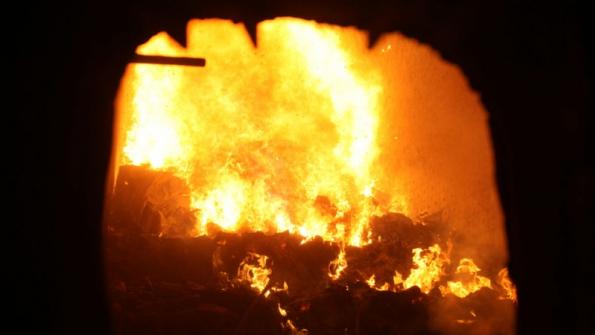Healthcare-related waste management is a complex and vital aspect of the healthcare industry. Healthcare facilities generate a significant amount of waste, including biomedical waste, hazardous waste, pharmaceutical waste, and general waste. Proper management of these waste streams is crucial for the safety of patients, staff, and the environment.
Biomedical waste, also known as infectious waste, includes items that have been contaminated with blood, body fluids, or other potentially infectious materials. This type of waste requires special handling and disposal to prevent the spread of infections. Hazardous waste, such as chemicals and radioactive materials, also poses significant risks if not managed properly. Pharmaceutical waste, including expired or unused medications, must be managed in a way that prevents them from entering the water supply or harming wildlife. General waste, such as paper and plastic, must be disposed of in an environmentally responsible manner.
Navigating the complexities of healthcare-related waste management requires a multi-faceted approach. Healthcare facilities must have comprehensive waste management plans in place to ensure the proper segregation, handling, and disposal of different types of waste. Staff members must be trained in waste management best practices to minimize the risk of exposure to hazardous materials and to ensure compliance with regulatory requirements.
One of the most important aspects of healthcare-related waste management is the proper segregation of waste at the point of generation. This means that different types of waste must be separated and placed in designated containers to prevent contamination and ensure safe handling. For example, biomedical waste should be placed in leak-proof containers that are clearly labeled, while hazardous waste should be stored in containers that are designed to prevent spills and leaks.
Once waste is segregated, it must be handled and stored according to regulatory requirements. This may include using special containment systems for hazardous waste and ensuring that biomedical waste is stored in a manner that prevents access by unauthorized individuals. Healthcare facilities must also have procedures in place for the safe transportation of waste to licensed treatment and disposal facilities.
Choosing the right treatment and disposal methods for healthcare-related waste is another critical consideration. Incineration, autoclaving, and chemical treatment are common methods for managing biomedical waste, while hazardous waste may require specialized treatment and disposal facilities. Pharmaceutical waste must be disposed of in a way that prevents it from entering the water supply or harming the environment.
In addition to regulatory requirements, healthcare facilities must also consider the financial and environmental implications of waste management. Implementing waste reduction and recycling programs can help minimize the amount of waste generated and reduce the overall environmental impact. Partnering with waste management companies that have expertise in healthcare-related waste can also help facilities navigate the complexities of waste management while ensuring compliance with regulations.
In conclusion, navigating the complexities of healthcare-related waste management requires a comprehensive approach that includes proper segregation, handling, and disposal of different types of waste. Healthcare facilities must have sound waste management plans in place, including staff training, proper containment and storage of waste, and the use of appropriate treatment and disposal methods. By implementing best practices and partnering with experienced waste management providers, healthcare facilities can ensure the safety of their patients and staff and minimize their environmental impact.



